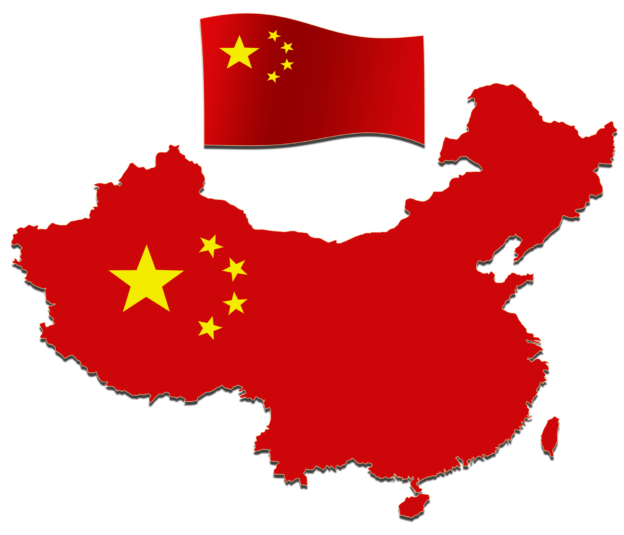China’s current legal framework for export control is recent (dating from the 1990s) and therefore incomplete. It consists of various laws (such as the Customs Law, the Foreign Trade Law and the Chinese Criminal Law) and administrative rules and regulations, which were last amended more than ten years ago. Unlike the EU or the United States, China is not a member of the Wassenaar Arrangement, the Australian Group, or the Missile Technology Control Regime (MTSR). The country recently joined the Nuclear Suppliers Group (NSG).
The current export control list of items requiring a license was updated on December 31, 2019 and it mainly concerns articles related to non-proliferation (nuclear items and technologies, biological items or chemicals, missiles, drug precursors, etc.).
In 2017, China released its first bill to modernize the current export control framework. On December 28, 2019, a revised draft was published open for public comments until January 26, 2020.
The bill thus introduces four categories of controlled items: dual-use items, military items, nuclear items and other goods, technologies and services related to national security. Intangible assets such as technology and services are also covered by the bill.
In addition, the draft text contains a “catch all” clause which makes it possible to control not listed items as soon as the exporter has or should have knowledge, or has been notified by the competent administration, that the controlled items can present one of the following risks:
- Endangering national security;
- Being used to design, develop, produce or use weapons of mass destruction;
- Being used for terrorist, nuclear, biological or chemical purposes.
If the law is adopted, the draft law in its current version will have the following consequences for foreign entities:
- China could impose an embargo by prohibiting the export of certain controlled items or prohibiting them from reaching specific destinations to specific individuals, entities or organizations.
- Businesses located outside China will be subject to China’s extraterritorial export control licensing provisions and controls in relation to : i) the re-export of Chinese controlled items when located outside China; and ii) re-export of foreign-made items that contain Chinese controlled items exceeding certain percentage threshold (de minimis rule like that provided for in US regulations).
- China will introduce, similarly to the US, the concept of deemed export controls: this means licensing controls in relation to the supply of controlled items by Chinese nationals and legal entities to foreign citizens (i.e. individuals that do not have Chinese nationality) and legal entities.
- China will establish so-called “black lists” of foreign importers and end users who have violated Chinese law (including end-use commitments or end-users of the goods) or who may endanger China’s national security. Carrying out transactions with persons or entities listed on this “black list” will result in (i) the prohibition or restriction of the transaction; (ii) seizure of the property concerned; or (iii) suspension of export licenses.
- Penalties will be severe, as any violations could result in a warning or a penalty up to 10 times the illegal business revenue. Usually a fine from RMB 500,000 to RMB 5 millions could be imposed if the illegal business revenue is less than RMB 500,000. In addition, any illegal income would be confiscated.
The Chinese government has yet to establish a legislative timetable for the adoption of this law and it is difficult to estimate how long it will take to review the bill. It is certain, however, that if the current version of the bill is adopted, the provisions having an extra-territorial scope will have a significant impact on companies exporting controlled items, whether they are active in China or outside China.
***
Our teams China and Paris are at your disposal to provide you with any additional information.
CONTACT US :

